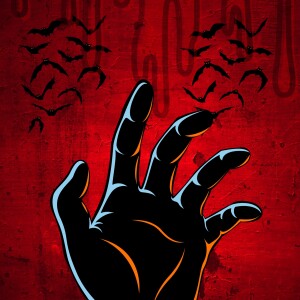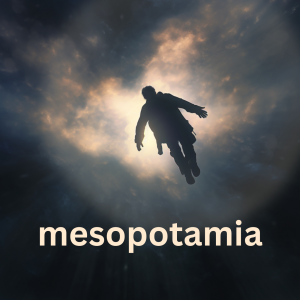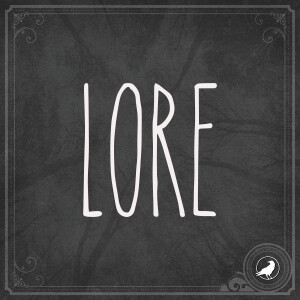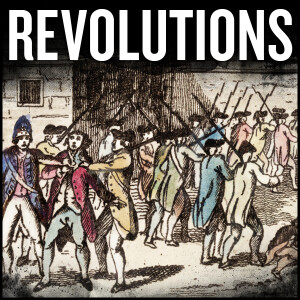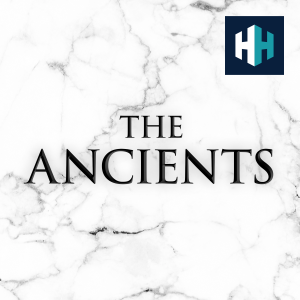

Episode 23 - Antigone’s Choice: The Law vs. The Gods
In the world of Greek tragedy, the stage became a courtroom where the most profound questions of justice were debated. Sophocles' masterpiece, Antigone, presents the ultimate conflict between the law of the state and the law of the gods. The play’s central dilemma arises when King Creon forbids the burial of a traitor, an edict his niece Antigone feels compelled to defy out of religious duty.
This episode analyzes the epic legal and moral clash at the heart of the play. Creon argues for the absolute authority of civic law, believing that the stability of the state is the highest good. Antigone, in contrast, champions the unwritten, eternal laws of the gods, which she argues no mortal has the right to override. We explore how the Athenian audience would have recognized this tense debate about the very source of legal authority.
The play offers no easy answers, as both characters are brought to ruin by their own unyielding principles. For the Athenians, Antigone was a powerful civic lesson on the dangers of legal and moral extremism. It remains history's most compelling dramatic exploration of civil disobedience and the eternal conflict between human law and individual conscience.
More Episodes
All Episodes>>Create Your Podcast In Minutes
- Full-featured podcast site
- Unlimited storage and bandwidth
- Comprehensive podcast stats
- Distribute to Apple Podcasts, Spotify, and more
- Make money with your podcast
